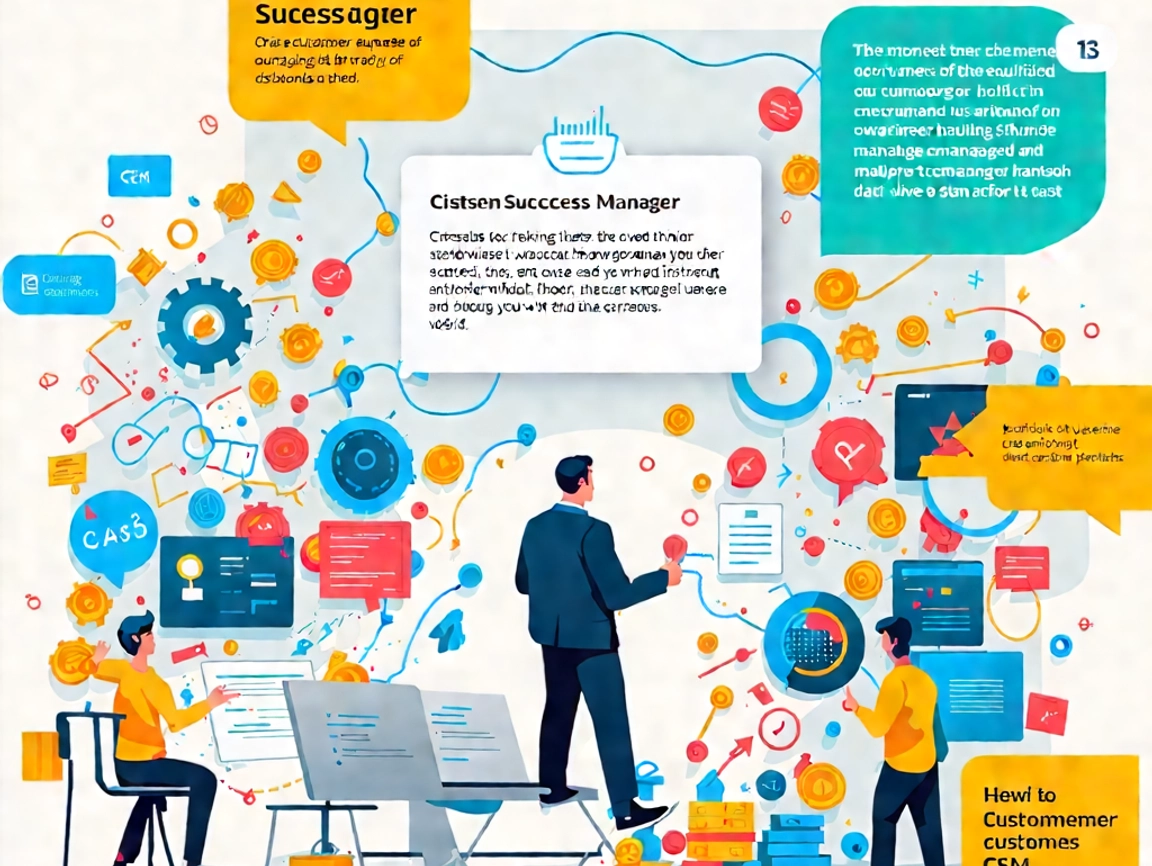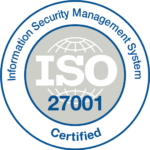The modern Customer Success Manager (CSM) faces a daunting reality: a relentless onslaught of demands, a constant state of firefighting, and the ever-present shadow of burnout. Once viewed as a crucial but somewhat peripheral role, CSMs are now expected to be strategic advisors, revenue drivers, project managers, technical experts, and even, at times, collections agents – all while juggling a massive workload and navigating the complexities of modern customer relationships.
This multifaceted nature of the CSM role, coupled with inadequate tools and a lack of clear strategic direction, has created a perfect storm of overwhelm. CSMs are often left feeling stretched thin, undervalued, and ultimately, burnt out. This not only impacts individual well-being but also directly affects customer satisfaction, retention, and ultimately, the bottom line.
The Multifaceted Role of the Modern CSM: A Balancing Act on a Tightrope
The modern CSM is a veritable Swiss Army knife, expected to excel in a dizzying array of roles:
- Strategic Advisor: Providing valuable insights and guidance on how to maximize product value, often without access to comprehensive usage data or the authority to influence product development.
- Revenue Driver: Identifying and pursuing upsell, cross-sell, and expansion opportunities, while also managing complex renewals and mitigating churn risk.
- Project Manager: Overseeing customer onboarding, implementation, and ongoing support projects, frequently with limited resources and project management tools.
- Technical Expert: Troubleshooting technical issues, providing in-depth product training, and acting as a liaison between customers and engineering teams, even when lacking deep technical expertise themselves.
- Relationship Manager: Building and maintaining strong, long-term relationships with key stakeholders across the customer organization, while also acting as a primary point of contact for all customer inquiries.
- Crisis Handler: Responding to urgent customer issues, escalating concerns, and mitigating potential service disruptions, often with limited authority to resolve complex problems.
This constant juggling act, often across dozens or even hundreds of accounts, leaves CSMs feeling like they are constantly chasing their tails. The pressure to meet unrealistic expectations, coupled with the constant threat of churn and the ever-increasing demands of modern business, creates an environment ripe for burnout and disengagement.
The Dilemma: Deep Engagement vs. Broader Reach
CSMs are often faced with a difficult choice:
- Deep Engagement with Fewer Clients: This approach allows for highly personalized attention and a deeper understanding of individual customer needs. However, it limits the number of accounts a single CSM can effectively manage, potentially impacting revenue and overall customer coverage.
- Broader Reach with Diminished Quality: This approach allows CSMs to manage a larger number of accounts but often results in superficial interactions, limited personalized attention, and a decline in customer satisfaction.
Both paths present significant challenges. Deep engagement can lead to burnout and limited scalability, while broader reach can compromise customer relationships and hinder long-term success.
Reimagining Customer Success: A New Approach
Breaking free from this cycle of overwhelm requires a fundamental shift in how we approach Customer Success. This necessitates a move beyond simply adding more resources or expecting CSMs to do more with less. Instead, we need to focus on:
- Data-Driven Decision Making:
- Implement robust metrics: Track key performance indicators (KPIs) that truly reflect customer health, such as customer health scores, renewal rates, Net Promoter Scores (NPS), and customer lifetime value (CLTV).
- Leverage data analytics: Utilize data analytics platforms to gain deeper insights into customer behavior, identify potential churn risks, and predict future outcomes.
- Data-driven decision making: Use data to inform strategic decisions, personalize customer experiences, and optimize resource allocation.
- Technology-Enabled Efficiency:
- Integrate customer data: Connect data silos across different platforms (CRM, product analytics, support ticketing systems) to provide a single source of truth for customer interactions.
- Automate routine tasks: Leverage automation tools (e.g., chatbots, AI-powered assistants) to handle routine tasks such as scheduling meetings, answering FAQs, and generating reports, freeing up CSMs to focus on higher-value activities.
- Empower CSMs with the right tools: Provide CSMs with the necessary tools and technologies to effectively manage their workloads, such as project management software, customer success platforms, and communication tools.
- Customer-Centric Strategies:
- Develop customer-centric campaigns: Create engaging campaigns that foster customer loyalty, build community, and drive product adoption.
- Proactive issue resolution: Utilize predictive analytics and machine learning to identify and address potential customer issues before they escalate.
- Continuous improvement: Regularly review and refine customer success processes based on customer feedback, data analysis, and best practices.
- Aligning Product and Go-to-Market Strategies:
- Ensure product-market fit: Ensure that product development aligns with customer needs and market demands.
- Communicate product roadmap: Effectively communicate the product roadmap to customers, building excitement and addressing potential concerns.
- Gather customer feedback: Actively solicit and incorporate customer feedback into the product development process.
- Investing in CSM Development:
- Provide comprehensive training: Equip CSMs with the necessary skills and knowledge through ongoing training programs, workshops, and mentorship opportunities.
- Foster a supportive culture: Create a supportive and inclusive work environment that values employee well-being and recognizes the contributions of CSMs.
- Empowerment and autonomy: Grant CSMs the autonomy and authority to make decisions that best serve their customers.
Empowering CSMs for Success
Reimagining Customer Success is not about asking CSMs to do more with less. It’s about empowering them with the tools, data, and strategies they need to excel in their roles. By embracing a data-driven approach, leveraging technology, and fostering a customer-centric culture, organizations can break the cycle of overwhelm and create a thriving Customer Success function.
This is not merely about improving customer satisfaction; it’s about unlocking significant business value. By investing in their CSMs, organizations can drive customer loyalty, increase revenue, and build long-term, mutually beneficial relationships with their customers. The future of Customer Success lies in empowering CSMs to thrive, not just survive.







